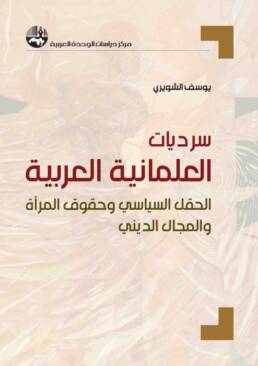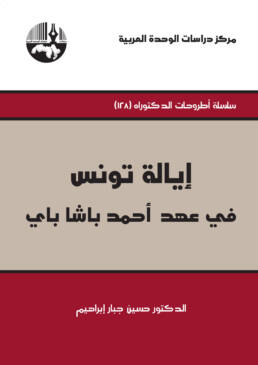The Center for Arab Unity Studies published the book Sinai Province: Transformations of Jihadist Violence in Egypt by researcher Ahmad Zaghloul Shalata.
The life cycle of religious violence organizations is mainly linked to political and social incentives that act as causes of emergence and mechanisms for forced self-decomposition, but we find the situation different in the case of the “Sinai Province” organization, which is still continuing in the jihadi scene despite the security and military strategies against it, thus, the main question that arises in this book: What was available to the “Sinai Province” that was not available to its peers that practiced violence, and which made it continue despite the ferocity of the confrontations against it?
Throughout the years of confrontation, the “Wilayat” organization sought to take advantage of the local and international environments in order to prolong its survival. It tried to expand outside Sinai through a network of cluster cells that operate in a decentralized manner with the aim of relieving pressure on the organization’s center in Sinai, as well as benefiting from the state of anger and tendency to take revenge on the practices of the ruling regime by expanding the organization’s base of potential supporters and employing them in its project, which helped it to continue practicing violence. Despite the success of security and military solutions in undermining violent activity to a large extent, the failure to completely eliminate “Wilayat Sinai,” despite the intensity of the confrontations, requires reconsidering the activation of soft resistance strategies within the counter-terrorism strategy. Accordingly, this book aspires to be an introduction to understanding and dismantling religious violence organizations and developing strategies to combat terrorism in Egypt.
Add a review
You must be logged in to post a review.
You May Also Like
Democracy in International Law between Legitimacy and Power
Price range: 6 $ through 10 $
The Flood of Al-Aqsa: Studies in Conflict and Fate
Price range: 12 $ through 19 $
Balconies for Contemplation, Thinking, and Reflection
Price range: 10 $ through 10 $
Narratives of Arab Secularism: Politics, Feminism, and Religion
Price range: 10 $ through 13 $
Armaments, Disarmament and International Security: Sipri Yearbook 2021
Price range: 14 $ through 22 $
Variables and Becomings: Insights into the Facts of a Changing World
Price range: 10 $ through 11 $
The Eyalet of Tunis under Ahmad Bey
Price range: 5 $ through 8 $








